“We are working with mid-career academics, researchers and practitioners to build research and policy engagement capacity in the Nu-Thanlwin-Salween River Basin focused on water, land and energy. ”
Publications
Read the latest policy brief here
Read the Proceedings of the International Conference: “Mekong, Salween and Red Rivers: Sharing Knowledge and Perspectives Across Borders" (12th November 2016)
Further information
Meet the "Salween Fellows"
Meet the "Mekong fellows"
Meet the "Red fellows"
See the training materials
Learn about past fellowship programs
Contact
Contact Dr Carl Middleton for further details.
Project Status: Complete
Salween-Mekong-Red Fellowship
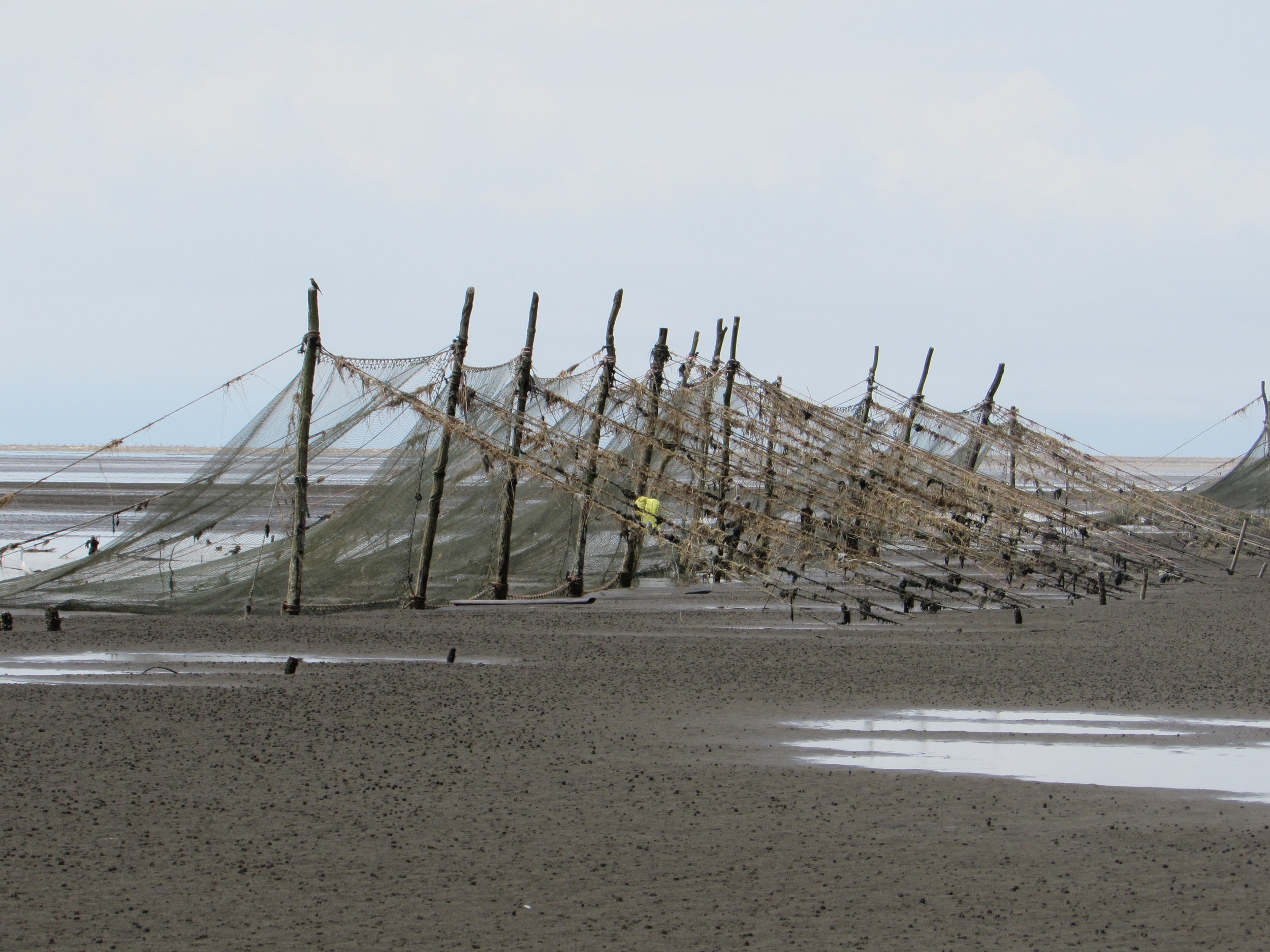
Fishing nets on the Thanlwin River Estuary (Credit: Cherry Aung)
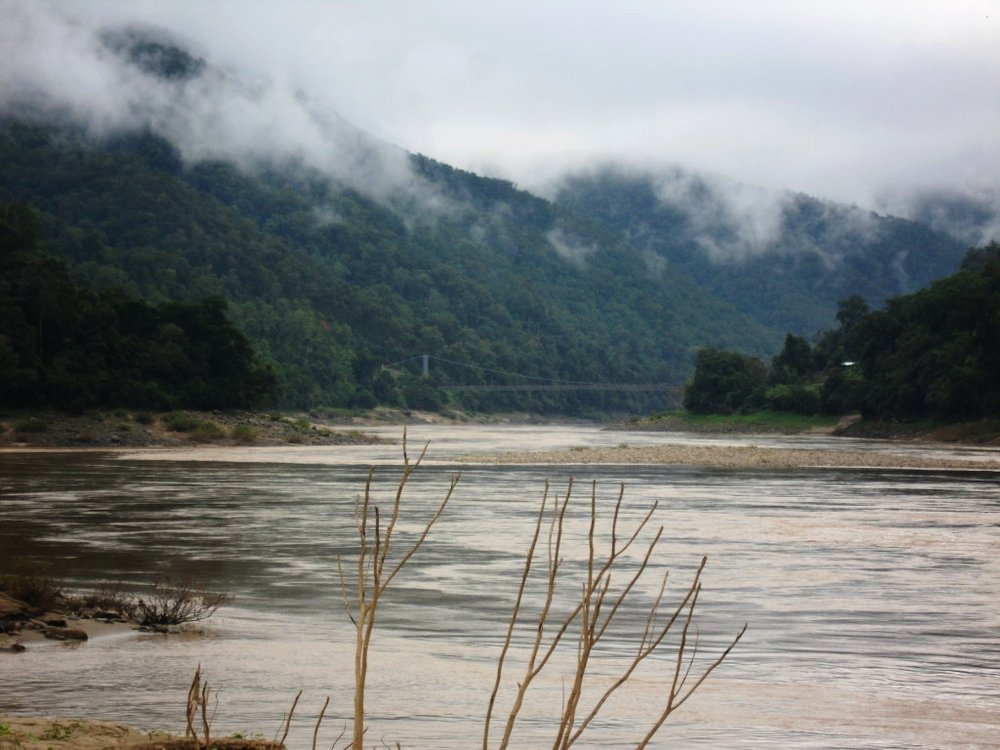
(Credit: Hnin Wut Yee)
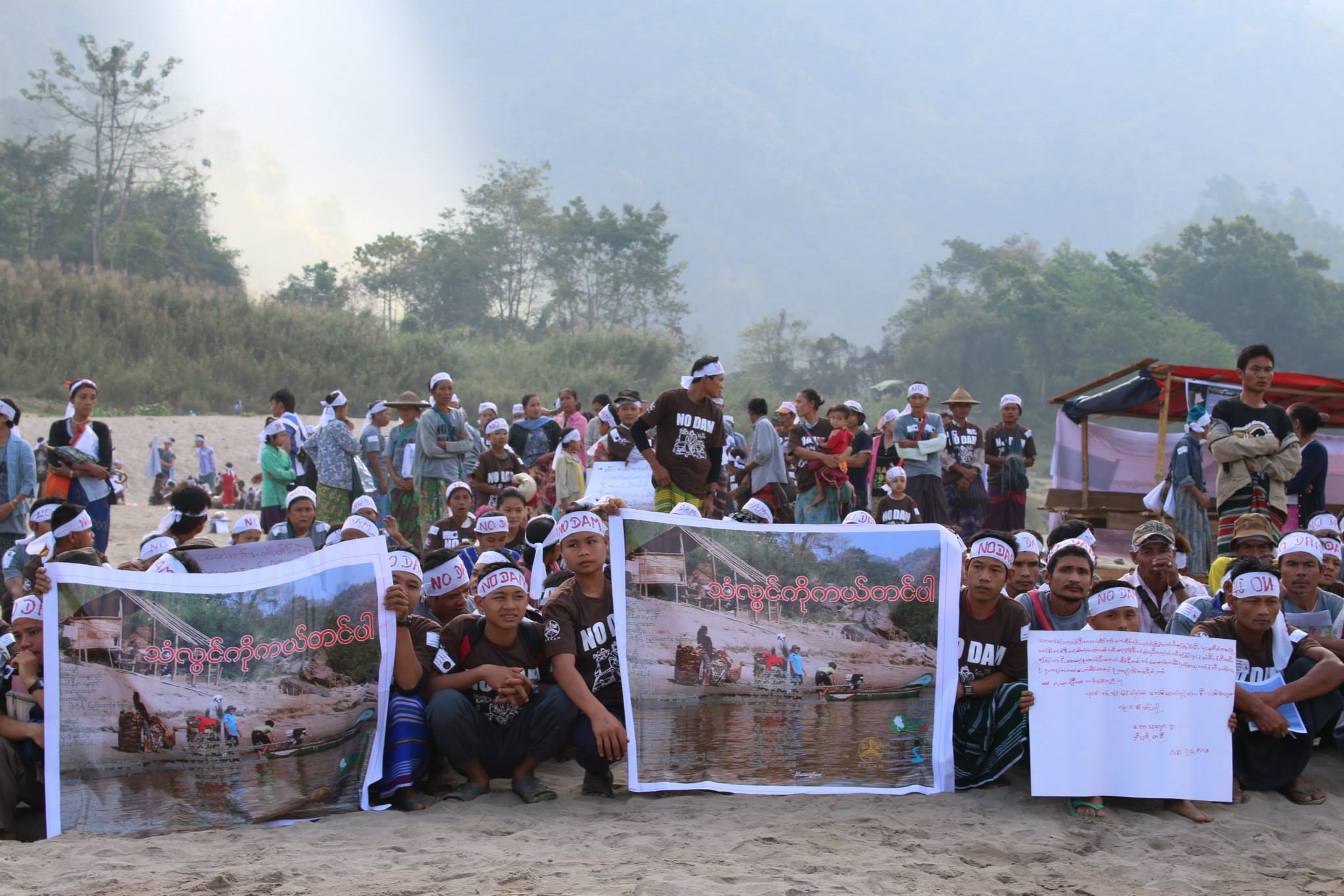
Myanmar activist on the Salween River (Credit: Saw John Bright)
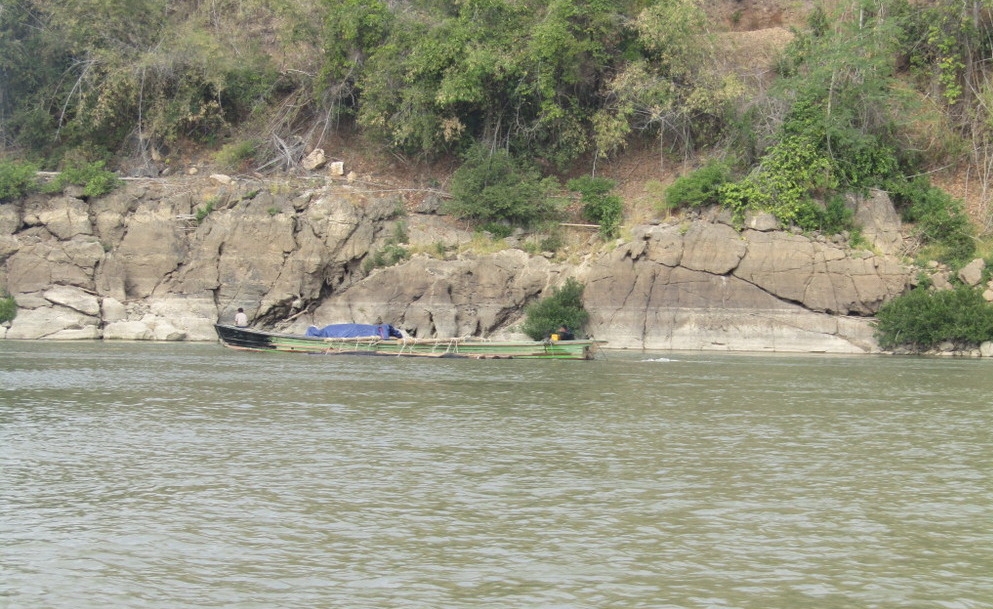
(Credit: Khin Sandar Aye)
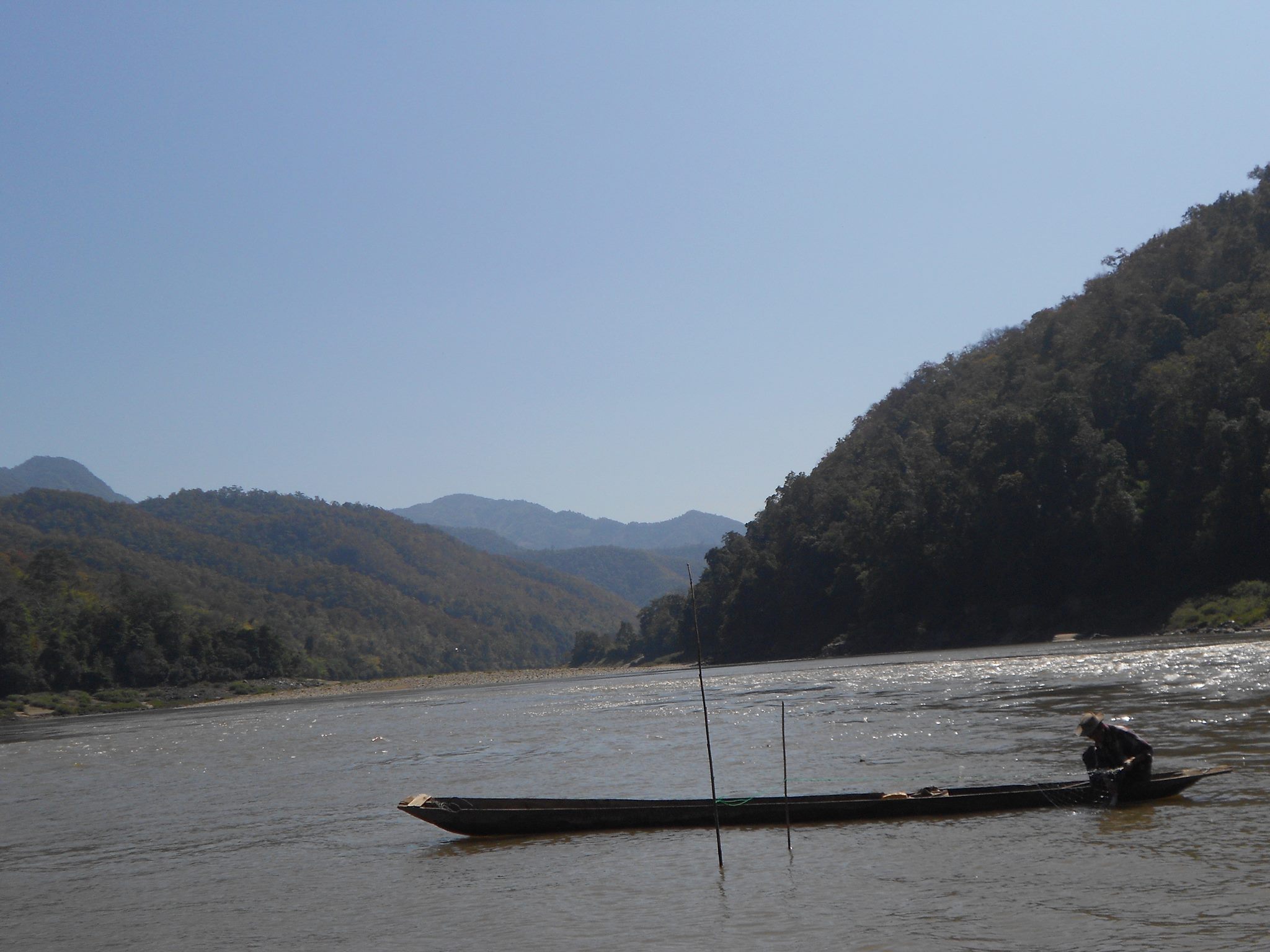
Nam Kong River (Credit: Mai)
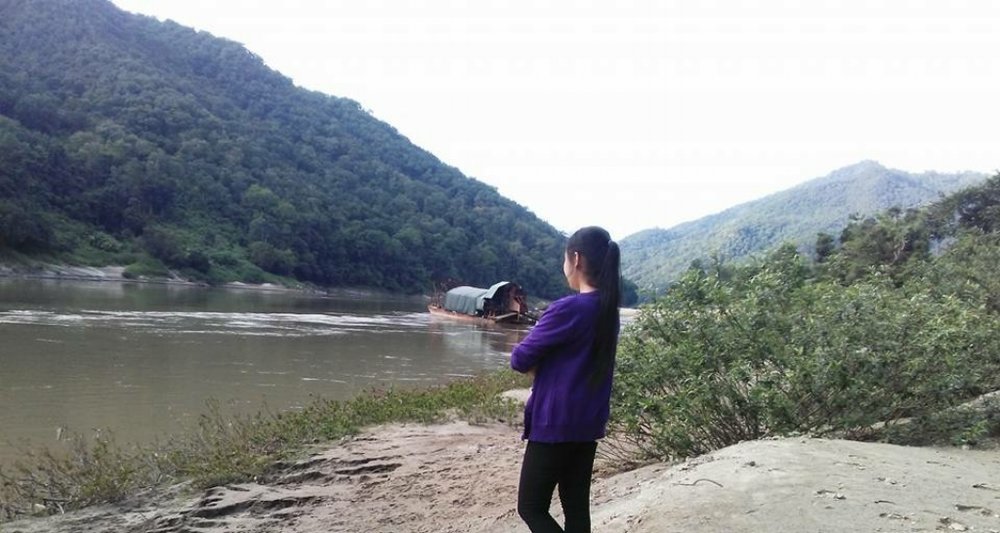
Researcher on the Thanlwin River(Credit: Nang Shining)
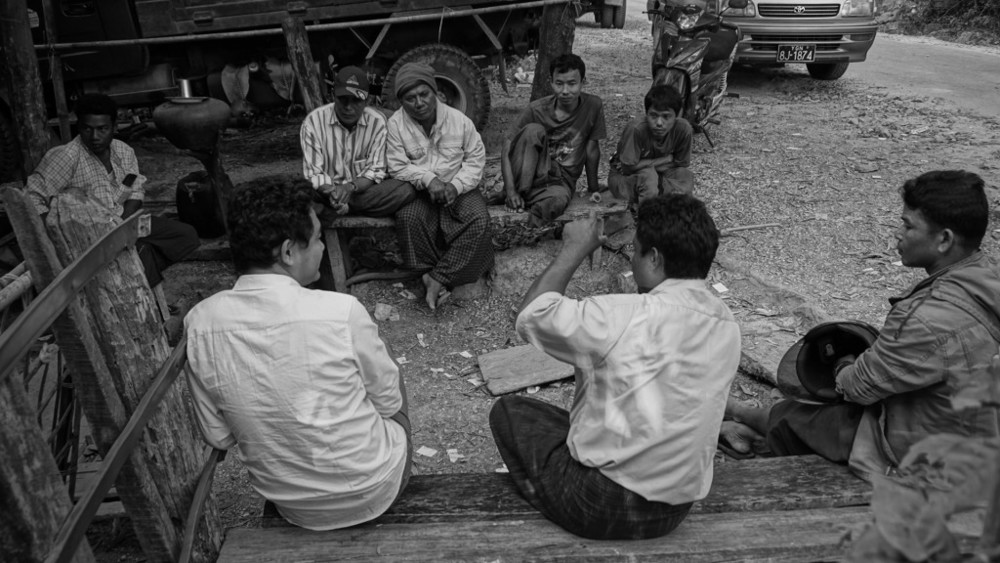
Community meeting regarding the development of hydropower dams in the area (Credit: Peter)
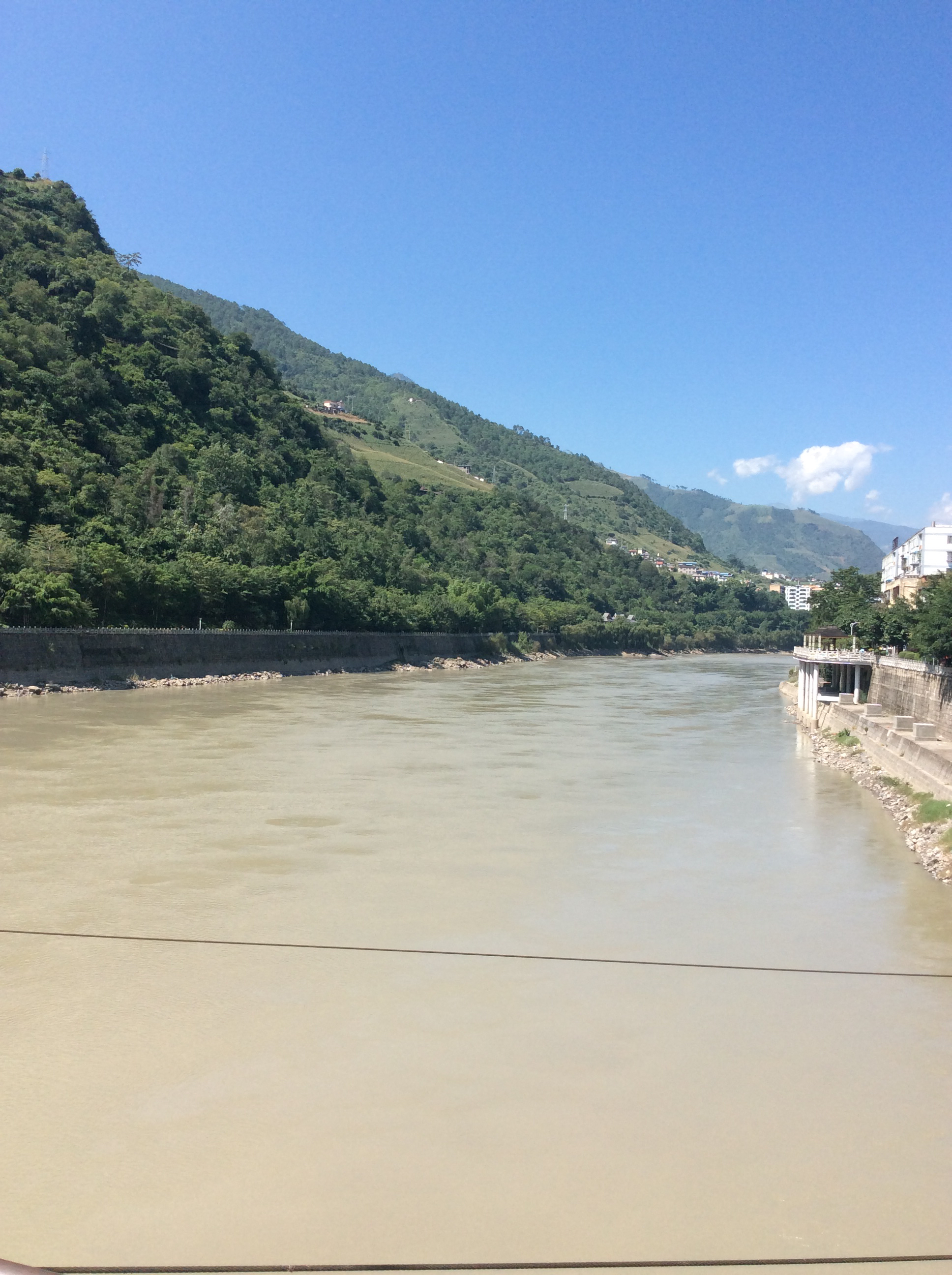
Xiao Shaba “New Village,” Yunnan Province (Credit: Zhong Mei)








Background to the Salween River
For over six million people, the Nu-Thanlwin-Salween River and its water resources are inextricably linked to local livelihoods and wellbeing, agricultural production and food security, and local economies. Recent processes of conflict transformation in the basin alongside regional economic integration, and socio-economic changes are all redefining the river basin’s development trajectory. There are, furthermore, plans for up to 20 dams along this transnational river.
To strengthen governance and increase the likelihood of sustainable and fair decisions, there is considerable need to build knowledge and research capacity within the basin, and to support research networks capable of informing the rapid changes underway.
The Fellowship program
The project has supported 13 research fellows through a mentored fellowship program, who have undertaken their research between June 2015 and December 2016. Over 2017, 8 selected fellows are producing journal articles and book chapters for publication.
Each research fellow was partnered with an experienced mentor for individual support, and also joined a series of three workshops on various aspects of research design, implementation and writing. The fellows addressed at least one of the following themes: Water Governance; Healthy Rivers; River Food Systems; Healthy Landscape and Ecosystems; and Gender and Social Justice (see WLE website for more details).
Each fellow aims to produce timely and needed research, and share their findings through producing a research report, a conference paper, a policy brief, and a blog. They have also joined national and international conferences and policy seminars.
Goals
This project’s goal is to strengthen the capacity for undertaking research and policy engagement of scholars and practitioners of water, land and energy use, management and governance in the Salween Basin. A particular cross-cutting focus of the project is research on gender and other forms of social marginalization. It also intends to build a learning community amongst these scholars and practitioners, and link them with similar initiatives in the Ayeyarwady, Mekong and Red River basins.
Cross-basin fellowship collaboration
The Nu-Thanlwin-Salween Fellowship program is partnered with parallel programs in the Mekong River basin and Red River basin.
Centre for Social Development Studies, Chulalongkorn University (Nu-Thanlwin-Salween River Basin)
Mekong Sub-region Social Research Centre, Ubon Ratchathani University (Mekong River Basin)
Vietnam Academy of Water Resources (Red River Basin)
The fellowship program has been supported by the CGIAR Research Program on Water, Land and Ecosystems Greater Mekong program, and Australian Aid.




























